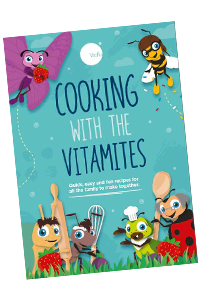Fussy Eating
Overview:
The world is a very exciting place for toddlers and sitting down to eat a meal is a waste of time when you can be out exploring!
Don’t worry, it’s common for children to go through a phase where they are reluctant to try new foods or start to refuse foods they may have previously enjoyed.
In the first year of life, babies grow very quickly, growth slows down as the child gets older which means they are not as hungry. This contributes towards the ‘fussy eating’ stage that toddlers can go through.
Eating Suggestions
Encouraging your child to eat different foods
Be consistent


